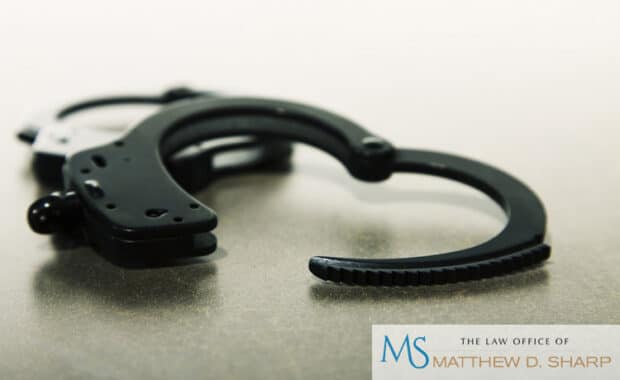Theft Laws in Texas
Everyone knows that it’s against the law to take things that don’t belong to you. It’s pretty straightforward: if you take property that belongs to someone else, whether by shoplifting or fraud, you can be arrested and charged with a crime. However, most people don’t know exactly how theft laws work in the state of Texas.
Texas theft laws are designed in a way that is intended to make the punishment fit the crime. This means that stealing more valuable items can lead to more severe punishments. Recently, the Texas state government enacted several changes to current theft laws. Keeping up with these changes can help people stay informed of how these laws work in individual criminal cases.
How Theft Laws Work
Not all states have theft laws that work in the same way. Some states have separate criminal charges for crimes such as “grand theft” or “petit larceny“. In Texas, theft is a broad category that covers any crime which involves intentionally taking the property of another person for the purpose of depriving that person of their property.
For example, stealing your neighbor’s lawn mower is a type of theft. Also, paying for groceries with a bad check is another type of theft. However the theft may occur, Texas laws assign a penalty for theft crimes based on the value of the stolen items. This means that stealing a lawn mower may lead to a fine while stealing a car may lead to prison time.
Theft Law Changes
On September 1, 2015 the Texas Congress passed a bill which made some significant changes to theft laws in the state. The theft laws had not been updated since the early 1990’s. Some Texas lawmakers were becoming concerned about the rising number of felons being put behind bars for theft and property offenses. Because the theft laws penalized people based on the value of the property that they stole and inflation was causing commonly stolen items to increase in price, more people were getting felony theft charges.
As a result, more people were being locked up at an increasing rate. The laws were changed by amending the penalty ranges for different theft amounts. For example, under the old laws, a person who stole an item valued at $79 could be charged with a Class B misdemeanor offense, punishable by jail time. Under the new law, stealing property worth less than $100 is only a Class C misdemeanor, punishable by a $500 fine only.
The new penalty categories are:
- Class C misdemeanor for theft of less than $100
- Class B misdemeanor for theft of $100-$750
- Class A misdemeanor for theft of $750-$2500
- State jail felony for theft of $2500-$30,000
- Third degree felony for theft of $30,000-$150,000
- Second degree felony for theft of $150,000-$300,000
- First degree felony for theft of $300,000 or more
Note that these laws only apply to theft cases that were filed on or after September 1, 2015. It is possible that they may be amended again in the future but, for now, these are the penalty ranges for theft crimes in Texas.
Legal Defenses
Defense attorneys may be able to help their clients seek more lenient sentences in theft cases. Defending against theft charges may be difficult, especially if the defendant was caught with the stolen property in their possession. While it is possible to argue that the incident was an unintentional misunderstanding, this may not be the best strategy.
Instead, the lawyer may try to arrange a plea bargain with the court. If this is successful, the court may accept the defendant’s guilty plea in exchange for a reduced sentence. For example, the reduced sentence may allow the defendant to avoid spending any time behind bars. Instead, they may receive a sentence of supervised probation with community service and fines. Anyone facing theft charges in Texas should contact an attorney for an immediate consultation.
If you or someone you know has been charged with theft in Texas, you owe it to yourself to hire a strong legal representative. Matthew D. Sharp can help protect your rights. Contact his office today at 713-868-6100.




